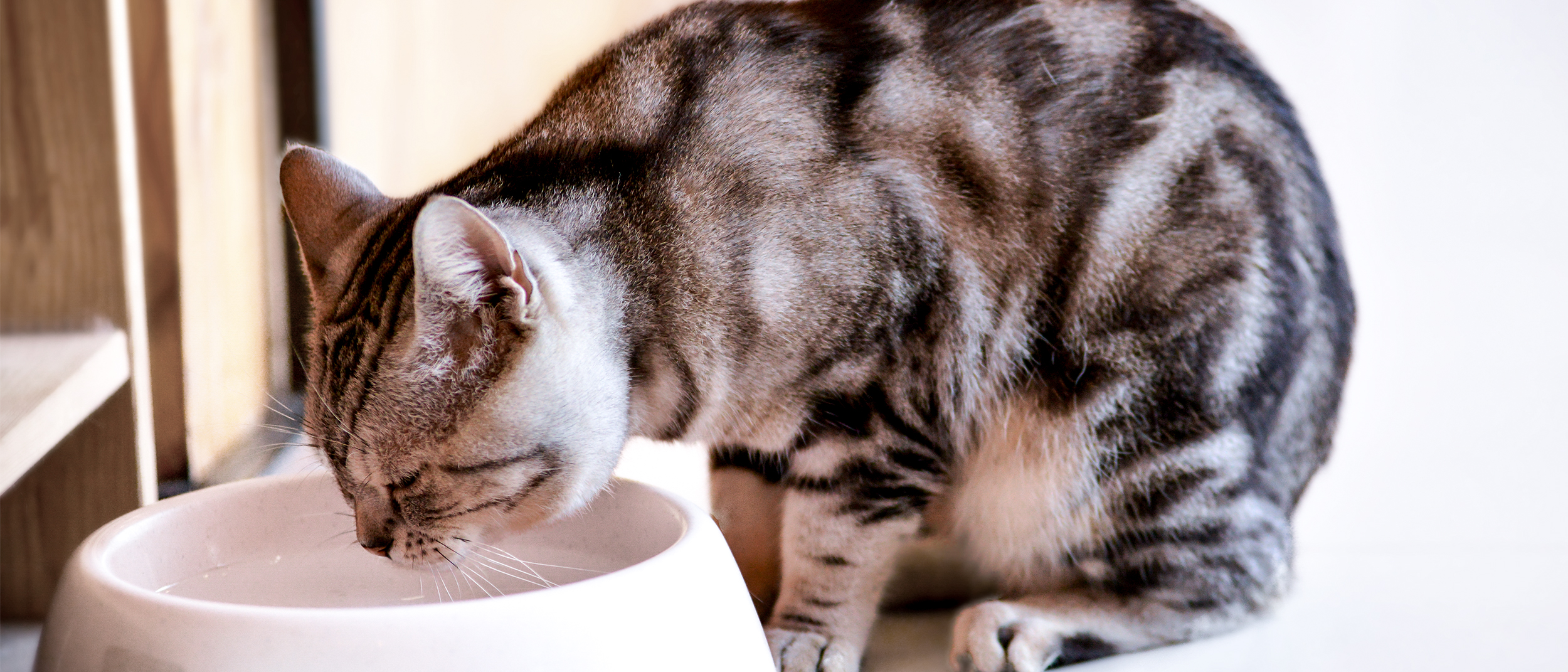Mẹo hữu ích cho việc huấn luyện mèo con

Việc huấn luyện sẽ đạt hiệu quả cao nhất nếu các buổi huấn luyện diễn tra trong khoảng thời gian ngắn và thường xuyên, không có các yếu tố khiến mèo phân tâm, phần thưởng có giá trị cao đối với mèo và hành vi được huấn luyện không liên quan đến trải nghiệm tiêu cực trong quá khứ.
Cách mèo học hỏi
Quá trình học hỏi cơ bản của mèo con diễn ra trong giai đoạn từ khi sinh ra đến 6 tháng tuổi, thông qua mèo mẹ đóng vai trò chính và mèo con cùng lứa. Mèo con bắt đầu bằng cách bắt chước hành động của mèo mẹ, rồi tự học thông qua thử nghiệm. Do đó, bạn chỉ đóng góp một phần nhỏ vào nền tảng kỹ năng mà mèo con học được, nhưng bạn vẫn có trách nhiệm giúp mèo con hòa nhập xã hội trong môi trường mới.
Vai trò của mèo mẹ
Bạn nên đợi cho đến khi mèo con được ít nhất hai tháng tuổi rồi mới tách chú mèo khỏi mẹ và anh chị em cùng đàn. Mèo mẹ đóng vai trò vô cùng quan trọng trong quá trình nuôi dưỡng mèo con, dạy mèo con các thói quen vệ sinh và hòa nhập xã hội bằng cách làm mẫu và thông qua hoạt động chơi đùa, cũng như cho mèo con bú, trông nom, dỗ dành và bảo vệ mèo con.

Vai trò của bạn
Môi trường mà bạn đưa mèo con tới cũng ảnh hưởng tới chúng. Một chú mèo con được tiếp xúc với nhiều người và vật nuôi từ rất sớm sẽ là một chú mèo ham khám phá và có trải nghiệm phong phú hơn.
Nguyên tắc huấn luyện mèo con
Mèo con sẽ bắt đầu học tập bằng cách bắt chước mèo mẹ, sau đó sẽ tự thực hành. Một phần của quá trình thực hành là tìm hiểu kết quả của hành động. Về cơ bản, nếu thích những kết quả này, mèo con sẽ tiếp tục thực hiện lại các hành động đó.
Gặm và cào
Mèo con phải hiểu chúng được làm gì và không được làm gì từ sớm, trước khi móng vuốt và răng của mèo phát triển đầy đủ. Khi chơi vờn nhau với anh chị em cùng đàn, mèo con xác định mức độ hung dữ của nhau qua cử chỉ cào và cắn khi chúng sử dụng răng và vuốt mà không gây đau.
Sử dụng khay vệ sinh
Khi được khoảng 5 hoặc 6 tuần tuổi, mèo con sẽ học cách dùng khay vệ sinh và thường sẽ dành nhiều thời gian để che đậy phân của chúng. Nếu mèo con không làm như vậy, hãy thường xuyên đặt mèo vào khay vệ sinh, đặc biệt là sau bữa ăn. Lấy chân của mèo và đào một cái lỗ để dạy mèo thói quen che đậy phân. Bạn chỉ nên lặp lại việc này một hoặc hai lần.
Khi huấn luyện mèo con, bạn chỉ kiểm soát được rất ít đối với cách cư xử của mèo. Tuy nhiên, nếu bạn dành công sức tìm hiểu ngôn ngữ cơ thể, cũng như tiếng kêu và biểu cảm khuôn mặt của mèo, bạn sẽ hiểu hơn về hành vi của chú mèo và được trang bị tốt hơn cho việc đảm bảo cuộc sống khỏe mạnh cho mèo con.
Đọc thêm về chủ đề này
Chế độ dinh dưỡng phù hợp với mèo con
Các công thức dinh dưỡng giúp hình thành sức đề kháng tự nhiên, hỗ trợ tăng tưởng khỏe mạnh và phát triển hệ tiêu hóa của mèo con.
Thích và chia sẻ trang này